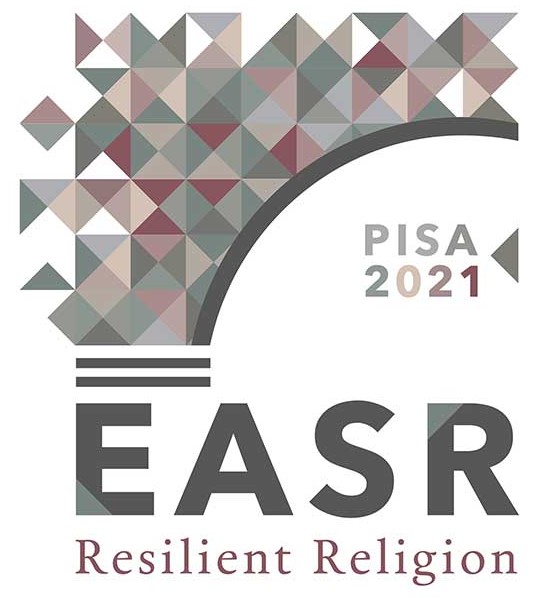Resilient religious communities: changing identities, needs, and relations across time and space
In the last few years “resilience” has become a topic that has received particular attention. Different disciplines, from Physics to Engineering to Psychology and Humanities, have defined this topic and identified its object in relation to their field of studies. Religions – actually, “religious communities” – are a peculiar subject-object of study, which can be also analysed by taking into account the role of “resilience”. In their life cycle, religious communities have faced a variety of unexpected changes. Environmental disasters, health emergencies, armed and non-armed conflicts, socio-economical and technological transformations, colonisation and decolonisation processes, political and/or ideological divisions and reunifications, and migrations are just some of the events with which religious communities have had to cope across time and space. The way in which such communities have handled unforeseen occurrences, which have happened inside and outside of them, have influenced their development i.e. their survival or disappearance and characterised their profile.
Starting from the assumption that every religious community can be examined by considering three key aspects that are identity, needs, and relations (Bernardo 2020), this panel intends to explore: 1. how religious communities reshaped their identities during their life cycle, 2. how and if their needs changed i.e. what needs have stayed the same and what needs were substituted with the new ones after a critical period, and 3. how their relations were reconstructed after a transition and/or an unexpected event. Specific attention must be paid to the following areas: a. the dynamics and rhetorical strategies that religious communities have applied to suit critical times, b. the discourses and the narratives they have produced for surviving, and c. the topics they have chosen to support such discourses and narratives with reference to a precise turning point.
To this end and without chronological restrictions or limits in the fields of study, the submission of proposals aimed to analyse one of the three key aspects which characterised religious communities (identity, needs, and relations) in relation to the areas indicated above is encouraged. The proposals have to focus on case studies.
Topics of interest are: identity and belonging, memories, traditions, replacing of institutional structures, places of worships, ‘sacred’ spaces, relations between State and religious communities, intra-religious and inter-religious dialogue, ecumenism, etc.
Selected papers from this panel will be considered for publication in an edited book or a special issue of a peer-reviewed journal.
This panel is a part of the activities of the EU-funded project ‘NEGOTIA’ – “Negotiating Religion: Coptic Orthodox diaspora communities. Shifting identities, needs, and relations from Egypt to Europe and back” (contract n. 896918) hosted by Sapienza University of Rome. It will be chaired by Dr Angela Bernardo, Marie Curie fellow and responsible researcher of the project ‘NEGOTIA’. For more details see here.
Angela Bernardo: angela.bernardo@uniroma1.it
